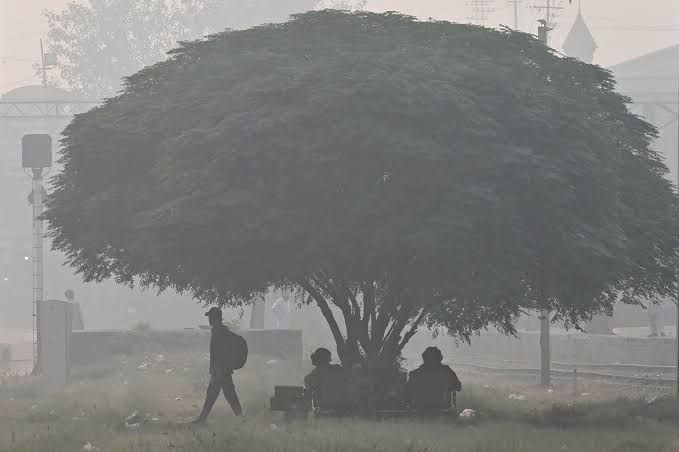
Punjab, Pakistan’s most populous province, is calling for renewed diplomatic efforts with neighboring India to tackle worsening air quality as severe smog engulfs the region. Lahore, Pakistan’s second-largest city, is particularly affected, with toxic air levels reaching alarming heights, posing serious health risks to millions of residents. Provincial leaders stress that transboundary pollution issues require cooperative action, urging both nations to prioritize environmental diplomacy for the sake of public health.
The air quality crisis stems from multiple sources, including crop burning, industrial emissions, and vehicular pollution. Seasonal weather patterns exacerbate the issue, trapping pollutants in the atmosphere and creating a thick blanket of smog. In Lahore, authorities have closed schools and limited outdoor activities as air quality indices hit hazardous levels. Similar challenges are seen in India’s Punjab region, where smoke from agricultural fires also contributes to the smog.
Provincial officials are advocating for “climate diplomacy” to address these shared environmental challenges. They believe cooperative policies could help reduce pollution levels and mitigate health risks. Joint initiatives could focus on promoting cleaner technologies, regulating industrial emissions, and supporting sustainable agriculture practices.




